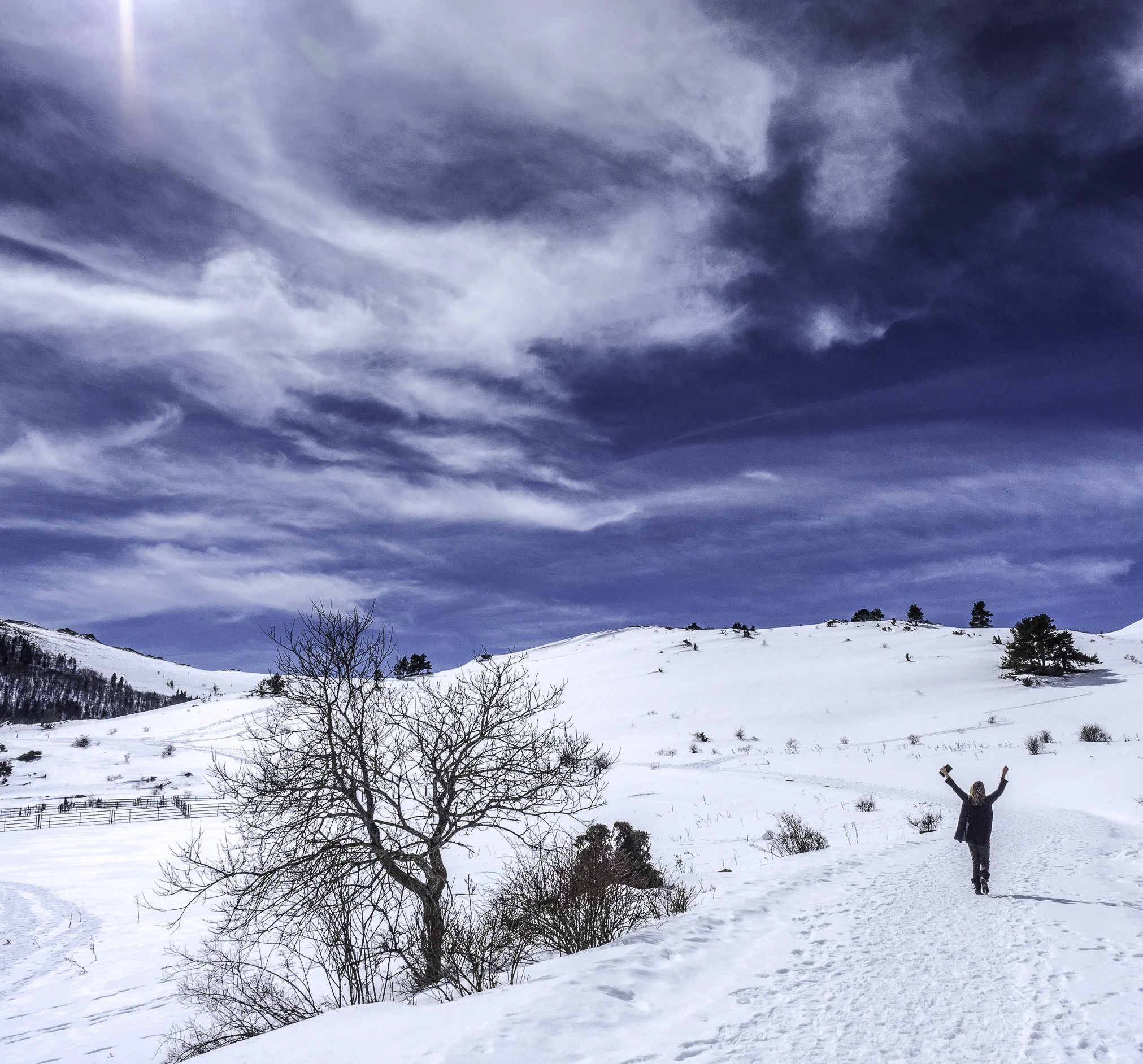Lost Words, Found Words
/I hold the phrases Lost Words, Found Words; One True Word and The Poetry Society of Evin in my mind.
Words are Found. Stories are given.
As writers we can feel that the process of producing the book takes effort and hard work. That’s true to an extent, but one of the most important – and underrated – learnings for word-crafters is to realise the extent to which the process will do itself, that’s if we allow it. Human beings make meaning, bridge gaps, connect ideas and construct narrative arcs at the drop of a hat. The process requires the input of our conscious mind more in the manner of a nudge here and there to keep us on track than anything more forceful.
The impression we have, when we feel ‘in flow’ with our writing, is that characters live autonomously and stories are given. That liberating state is known to most writers, if only briefly, and if only sometimes. It’s what we’re always trying to get back to – whether we know it or not. It’s why we write.
I frequently mull on the question of how I can persuade people to trust the process more, to tap into something bigger and deeper than themselves. Workshop participants come, initially, wanting writing techniques and skills, but in my experience they only come back if they’ve discovered experientially that those techniques and skills have to arise in a bigger container than themselves. There’s a loss of self when we write, a freeing ourselves of the pressures of life. In the way that poet Mary Oliver talks about the act of paying attention in order to ‘patch a few words together’, words have to be found in the delighted manner of a child on a treasure hunt.
One True Word
Ernest Hemingway suggested, ‘All you have to do is write one true sentence. Write the truest sentence that you know’. That’s a good intention for a writer. What is a ‘true sentence’ to you? What does it even mean to write one? It can take great courage to tell our truth – to write the genre, style, content and story that we need to write (rather than what our family or society has told us we should write). It often takes courage even to approach the journey to knowing what that is. It also takes skilful facilitation: our body-mind will have put protective strategies in place to stop us accessing any strong or deeply buried content that might overwhelm our system; we have to work with those strategies, not increase our resistance to them.
The Poetry Society of Evin
Watching distressing world events arise, I’ve been struck by the stories of courage, community, kindness and self-expression in the midst of it all. And I’ve been wondering what, as writers, we can offer that might alleviate distress. What is the role of words in this seemingly mad world?
In a BBC interview (Wednesday, 30th March), recently released Iranian-Briton Anoopsheh Ashoori talked about the role of writing in day-to-day survival during his five years imprisoned in Evin jail in Tehran.
“To pass the days, he exercised religiously, wrote copious diary entries and formed a poetry society. ‘It ended up with eight of us who would regularly meet in one of the rooms. Among us was a satirist. He said he could teach us how to write short stories. So then we had another class - short story writing. This initiated the thought that to fill up our time we could form other societies’. He calls it ‘the University of Evin’”.
More of us than realise are threatened or held captive in some way. Mostly not by others, but by our own inner restrictions, beliefs, memories, regrets, feelings and thoughts. In response, in 2022, at Wild Words, our frontline project will be The One True Word Project (see Events, below).
Wishing you a springtime in which words arise abundantly and in truth.
This is the main article in this month’s Wild Words Monthly Newsletter. Sign up here. It’s free.
Photograph courtesy of wild photographer Peter Reid












Winter Solstice Competition Runner-up: Hannah Ray, with You Were Born in a Pandemic